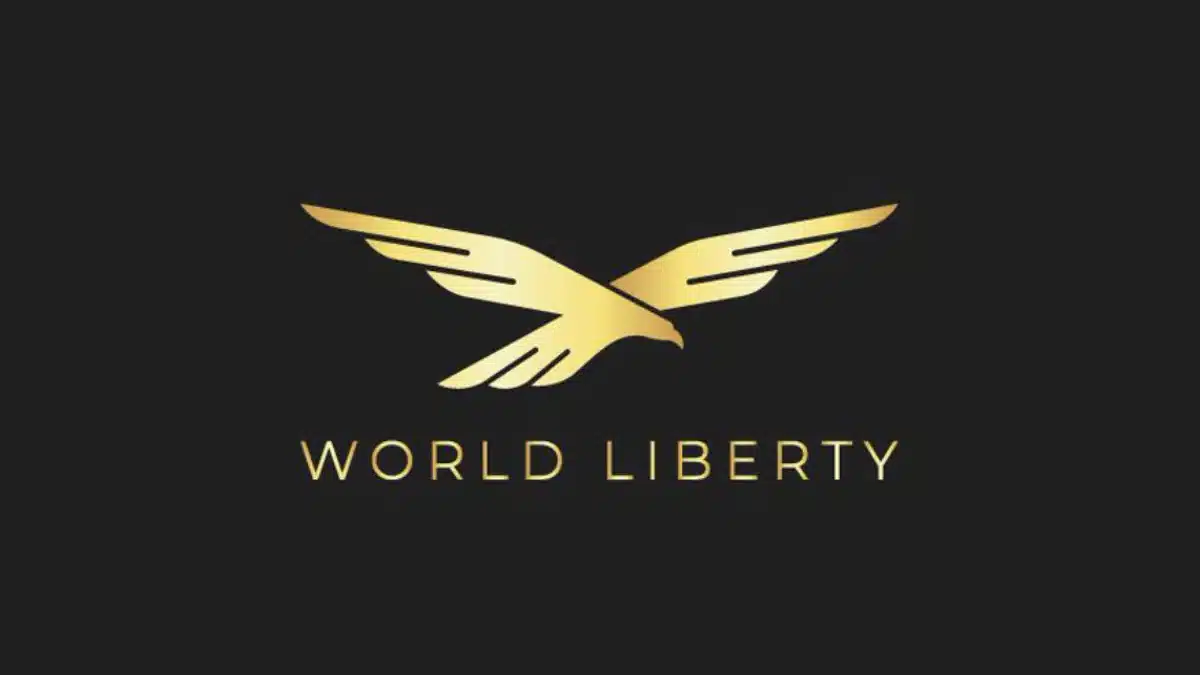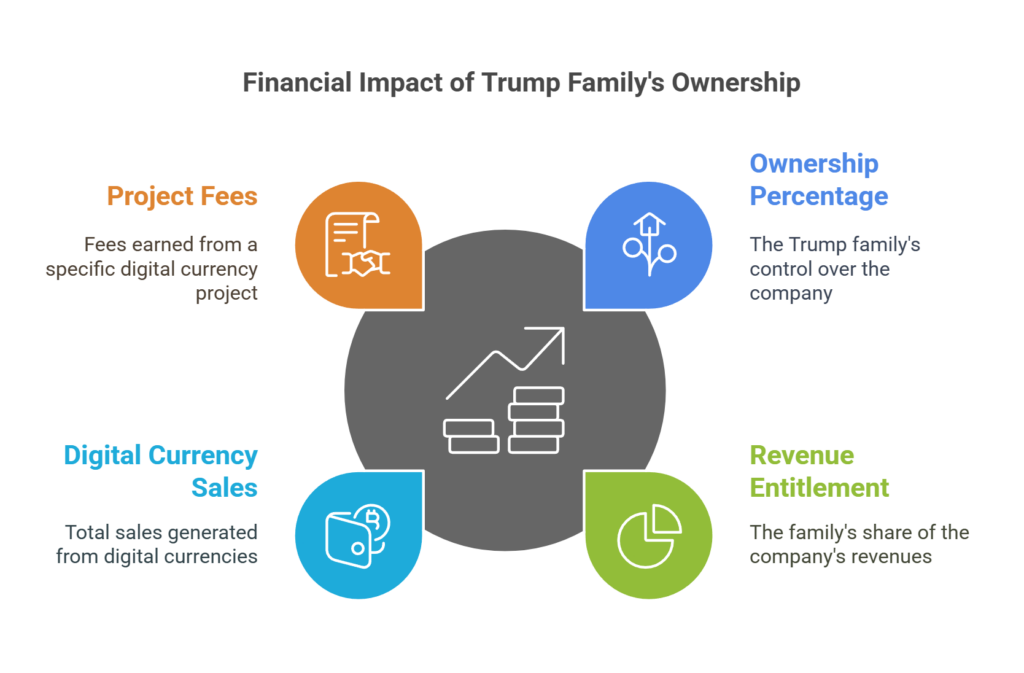Trump’s New Financial Venture

What Traditional Investors Need to Know About World Liberty Financial
Remember when investing was as straightforward as stocks, bonds, and maybe some real estate? Those days are changing, and now even former President Donald Trump is betting big on the future of digital money. His new company, World Liberty Financial (WLF), has just announced a major development that’s turning heads on Wall Street and Main Street alike.
What’s Actually Happening Here?
Think of World Liberty Financial like a new-age investment bank, but for digital currencies. The company has just announced what they’re calling a “strategic token reserve.” If this sounds complicated, think of it as similar to how the Federal Reserve holds dollars to help stabilize our economy – but for digital currencies like Bitcoin and Ethereum instead.
The Numbers That Matter
For traditional investors used to reading quarterly reports, here are the key figures:
- The Trump family and affiliates own 60% of the company
- They’re entitled to 75% of all revenues
- The company has already seen $500 million in digital currency sales
- An estimated $100 million in fees have been generated from just one digital currency project
To put this in perspective: These numbers rival the early days of some major tech companies, but with far less regulation and oversight.

Why Should Traditional Investors Pay Attention?
This isn’t just another Trump business venture – it’s a signal of where big money might be heading. Here’s why:
- Wall Street Connection: At a recent New York City financial summit, Donald Trump Jr. pitched this project specifically to traditional investors like teachers, firefighters, and dentists. The message? Digital currency isn’t just for tech enthusiasts anymore.
- Institutional Backing: The company is actively seeking partnerships with established financial institutions. This is like when credit card companies first started partnering with airlines – it brings legitimacy to a new financial product.
- Market Stability Focus: The new “token reserve” aims to reduce the wild price swings that have scared away many traditional investors from digital currencies. Think of it as creating a shock absorber for digital money.
Understanding the Risks
For investors who grew up with FDIC-insured bank accounts and SEC-regulated stocks, there are important risk factors to consider:
- This is still largely unregulated territory
- Digital currencies can be extremely volatile
- The technology is new and complex
- Success depends heavily on public trust and adoption
What Makes This Different from Traditional Investments?
Imagine if you could have invested in the Federal Reserve itself back in 1913. That’s somewhat similar to what WLF is offering – a chance to own part of the infrastructure of a potentially new financial system. However, unlike the Federal Reserve:
- This is a private company
- It’s not government-backed
- The technology is still evolving
- The regulatory framework is still developing
The Bottom Line for Traditional Investors
If you’re considering investing in this space, here’s what you need to know:
- Do Your Homework: Just like you wouldn’t buy stock in a company without understanding its business model, don’t invest in digital currencies without understanding the basics.
- Watch the Regulatory Space: Changes in government regulations could significantly impact these investments.
- Consider Your Timeline: This is likely a long-term play, not a quick profit opportunity.
- Diversification is Key: Just as you wouldn’t put all your money in one stock, don’t put all your digital currency investments in one place.
Looking Ahead
World Liberty Financial represents a bridge between traditional finance and the new digital economy. While the Trump name brings attention and credibility to the project, smart investors will:
- Start with small positions
- Learn about the technology
- Watch for regulatory changes
- Stay informed about market developments
What This Means for Your Portfolio
For investors who remember the early days of the internet, this moment might feel familiar. Just as the web transformed how we communicate and do business, digital currencies might transform how we handle money. However, just like the dot-com era, not every project will succeed.
Think of this as adding a new wing to your investment house – interesting and potentially valuable, but not something that should replace your foundation of traditional investments.
This article is for educational purposes only and should not be considered financial advice. Always consult with a qualified financial advisor before making investment decisions.
